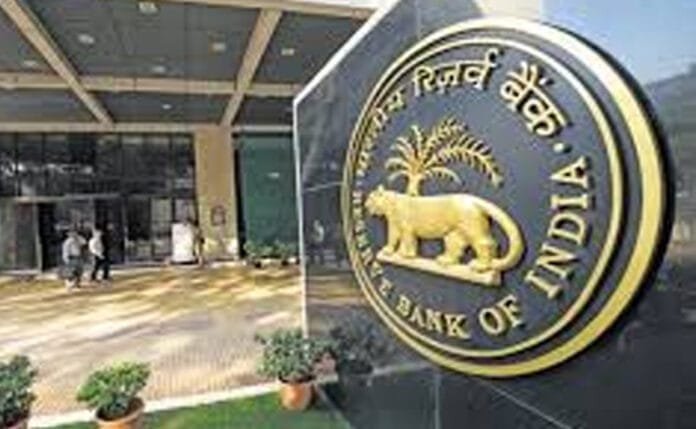The Reserve Bank of India (RBI) has initiated a pilot program to explore the tokenization of traditional bank deposits, signaling a significant step toward modernizing India’s banking system. This program aims to convert conventional deposits into digital tokens, enabling faster, more secure, and more efficient financial transactions.
Tokenization involves representing bank deposits as unique digital units on a secure platform, which can streamline settlement processes, reduce operational friction, and improve transparency. By adopting this approach, the RBI is positioning India as a front-runner in innovative financial technology, potentially setting new standards for central bank digital initiatives worldwide.
Experts suggest that such a system could enhance liquidity management, regulatory oversight, and customer convenience. Banks participating in the pilot can test digital transfer mechanisms, automated reconciliations, and secure recordkeeping, laying the groundwork for broader adoption. The RBI emphasizes that the pilot is a controlled experiment, with learnings informing future scalability across the Indian banking sector.
This initiative is part of a larger global trend where central banks are exploring digital finance innovations, including central bank digital currencies (CBDCs), blockchain applications, and tokenized financial instruments, to increase efficiency and resilience in monetary systems.














